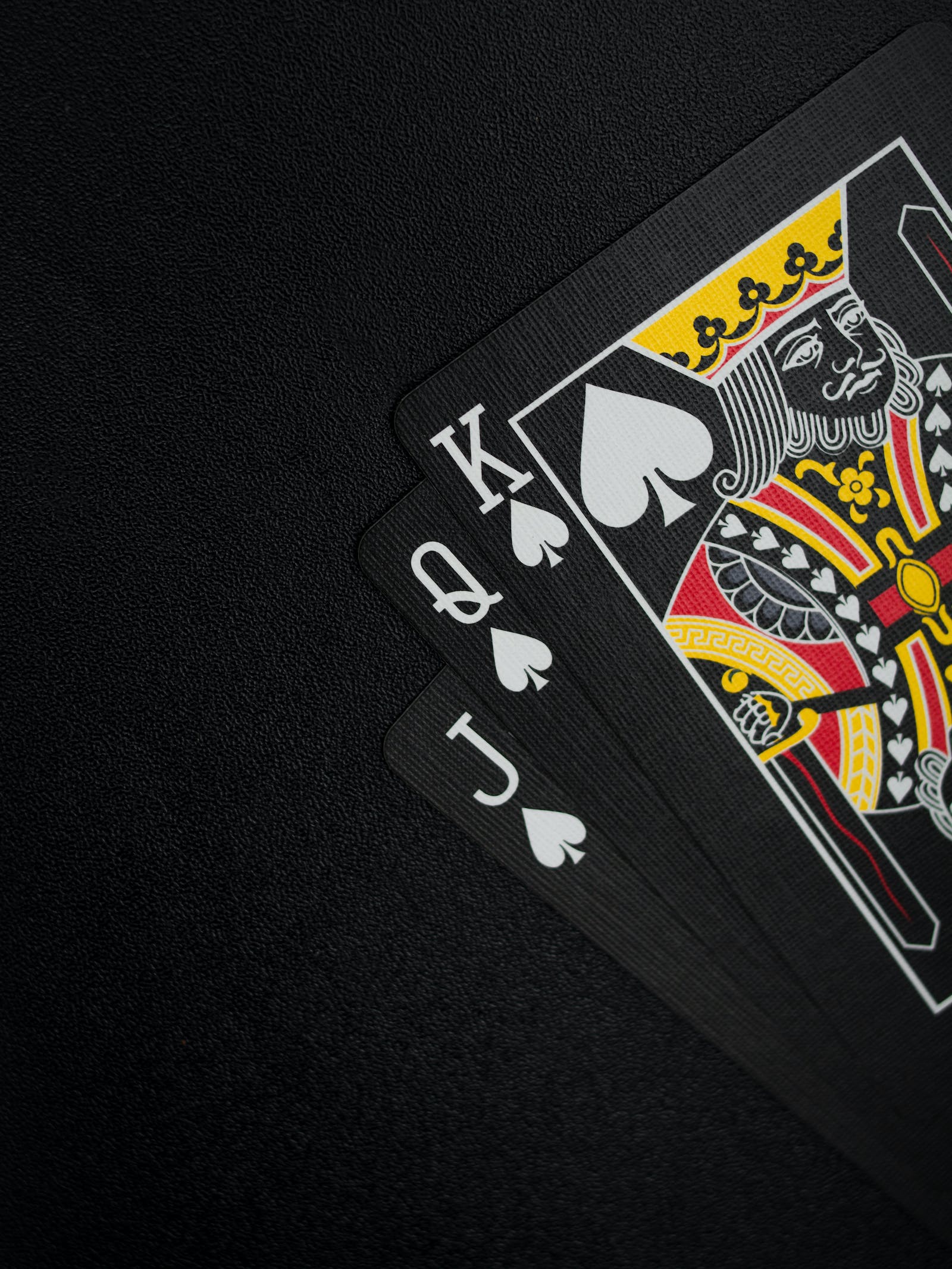As a poker player, assessing yourself and deciding whether you understand the game well can be challenging. After all, the more you learn, the more you realize there is too much to learn.
Nevertheless, you’ve undoubtedly gotten better ever since you started. And fortunately, certain signs can help you determine if your skills are up to par. Here are some of them:

You Know When to Fold Pre-flop
A basic understanding of the game means knowing which hands are worth playing and which should be folded. Knowing when to fold before the flop can help conserve your chips and avoid costly mistakes.
Conversely, you know when to avoid folding, even when the odds are stacked against you. Because while folding is usually advisable, there are times when it pays to stick around and fight even if the odds aren’t in your favor. A solid understanding of poker fundamentals will help you recognize those situations so that you can take advantage of them.
You Know When to Bluff
Bluffing is one of the essential poker skills, and it requires a good understanding of your opponents’ tendencies. Bluffing successfully involves reading the other players at the poker table and knowing what they are likely to do in any given situation. Knowing when to bluff and how much to bet can help you win money even when your hand isn’t the best.
You also know that bluffing isn’t simply throwing money by betting while holding nothing. The art of bluffing involves timing and a certain degree of risk-taking. Bluffing too often or at the wrong time will quickly blow your cover. Likewise, bluffing without putting enough money in the pot won’t fool your opponents.
Identifying the right situations and knowing how much to bet are critical elements of successful bluffing. They are skills that come with experience and an understanding of poker fundamentals. So if you feel like you still need to improve at bluffing, that’s okay. It just means you need to keep practicing and studying the game.

You Understand Implied Odds
Implied odds is the amount you can anticipate winning from a hand based on the number of available outs. It’s slightly different from pot odds, the ratio between the amount already in the pot and how much it would cost to call.
Knowing when implied odds come into play can help you decide whether or not to stay in a hand, even if the pot odds are unfavorable. For example, if you have a low pair against an opponent who is likely to call any bet with a higher pair, your implied odds of winning may be high enough to warrant staying in the hand even though the pot odds don’t look good.

You Play Wisely Despite Having the Nuts
Having the best possible hand is not a guarantee of winning. In fact, it can be quite the opposite – having the nuts can be dangerous if you play poker too aggressively. If your opponents sense that they could be beaten, they will likely fold, and you won’t get paid as much.
A good poker player knows to play cautiously, even if they have the best hand. Understanding when to slow-play or check can be as important as knowing when to bet or raise. Rather than scare off your opponents, a more passive approach will entice them to bet more so that you can eventually win a bigger pot.
Lastly, if you only assume you have the nuts if there are concrete signs that you do, then good! It means you are sensible enough not to go head-first into a pot and lose more than necessary.
You Do Your Best to Be Unpredictable
No matter how skilled you are, your opponents will eventually figure out your moves if they see the same patterns repeatedly. That is why a good player is unpredictable and can employ various strategies to maintain an edge over opponents. That means playing solid hands and bluffing occasionally, being aggressive at times and passive at others, and switching things up when your usual tactics aren’t working.
It’s not easy, especially if you are playing with experienced players. Then there’s also the fact that you can mistakenly mix up your play just for the sake of it, which can be disastrous. It requires practice and experience to truly master the art of being unpredictable, so if you can already do this, congratulations – it means you know your stuff.

You Strategize According to Your Stack
The size of your stack is often just as important as the strength of your hands when playing poker. If you have a smaller stack, you may need to play more conservatively and make smarter decisions.
Understanding how stack size impacts your poker strategy is essential for successful play. That includes playing tight in early stages when you have a shallow stack but switching things up when you have larger chips and can afford to be more aggressive. It also means understanding the concept of implied odds and knowing when to stay in a hand despite unfavorable pot odds.
At the same time, there’s a massive difference between considering stack size when strategizing and relying entirely on stack size to make decisions. Remember that strategic play remains the critical factor in successful poker, and correctly playing is far more important than the size of your stack.
Always Back to the Basics
So, how many of these signs can you see in yourself? If you can check off most of these boxes, then your poker game is solidly rooted in the fundamentals. That means you’ll do well in many sessions. If not, that’s okay; there’s plenty of time to keep working on your knowledge of the basics.